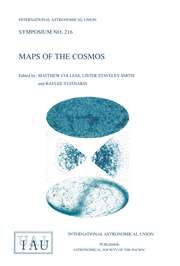No CrossRef data available.
Article contents
Two-Fluid Theory of Interplanetary Shock Waves
Published online by Cambridge University Press: 14 August 2015
Abstract
A 2-fluid time-dependent analytical model of the perturbed solar wind is presented. The expansion of newly emitted material, caused, for instance, by the outburst of a solar flare, is simulated by a spherical piston. For a given thermal conductivity in the limit of strong coupling, one fluid flow in a thermally conducting medium is recovered. A pattern of flow which resembles one-fluid flow in adiabatic medium may be recovered if heat is removed from the perturbed plasma into the propelling plasma. The perturbed flow consists of a thermal precursor which is followed by a shock across which electrons are isothermal while protons are compressed and heated. Finally, we show that the post-shock rise and fall of density cannot be used to distinguish piston-driven waves from blast waves.
Information
- Type
- Part IV. Solar Transient Phenomena Affecting the Corona and Interplanetary Medium: - Theoretical Considerations
- Information
- Symposium - International Astronomical Union , Volume 91: Solar and Interplanetary Dynamics , 1980 , pp. 327 - 331
- Copyright
- Copyright © Reidel 1980

